BY WALTER OPINDE
In 1871, when lieutenant governor Oscar Dunn died, Pinchback, as the president of the Senate, assumed his role. He served as governor for 36 days from 9th December, 1872, to 13th January, 1873, while the elected official, Henry Warmoth, underwent impeachment proceedings. This service made Pinchback the first African-American to serve as a U.S. state governor. During his brief tenure, he sanctioned 10 legislative bills.
Pinckney Benton Stewart Pinchback was born in Macon, Georgia, on 10th May, 1837. His father was a white Mississippi planter, and his mother was a former black slave who was freed before his birth. After Pinchback’s father died in 1848, he, his mother and his nine siblings moved to Ohio to avoid the possibility of being forced back into slavery. When Pinchback was only 12 years old, he began supporting his family by working as a cabin boy, and in time, he became a ship steward on Mississippi River steamboats. The son of a former slave, Pinckney, fought in the Civil War as a captain in the Union Army. He was the first African-American to serve as a U.S. state governor, from 1872 to 1873 in Louisiana. He was later elected to the U.S. Senate, but his seat was refused due to a reelection fueled by racial tensions.
When the Civil War broke out in 1861, Pinchback joined the First Louisiana Volunteers, an all-white group. However, he eventually left the group to organize a volunteer unit of black men called the “Corps d’Afrique.” Pinchback later joined the Second Louisiana Native Guard and served as a captain, but resigned in 1863 because of its racially discriminatory practices.
After the war, Pinchback relocated to New Orleans, where he entered politics as a Republican. He served as a delegate in the state’s constitutional convention in 1868 and helped to establish Louisiana’s new constitution. Later that same year, Pinchback was elected as a state senator.
In 1873, Pinchback was elected to Congress; however, his opponent William Pitt Kellogg contested the election and won the seat. This reversal was due to the Ku Klux Klan’s intimidation of black voters, as well as corruption on the part of white politicians. A year later, Pinchback won a seat in the U.S. Senate, only to have it denied him as the result of racially motivated actions that reflected tensions prevalent throughout Louisiana.
Read more of the story via:

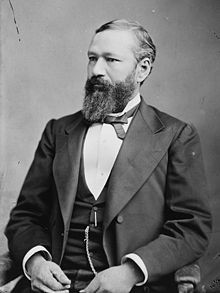



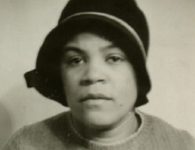

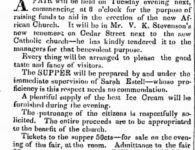




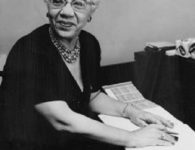



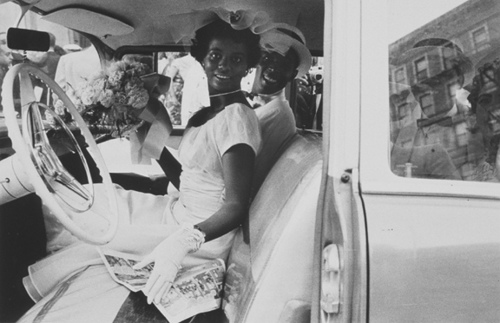
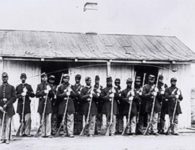

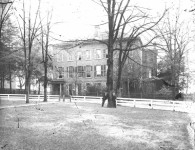

No comments